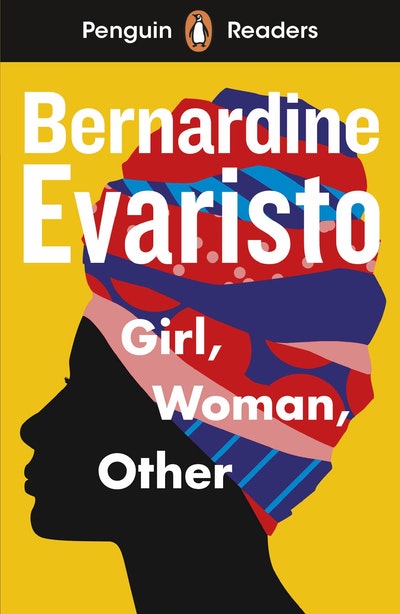Girl, Woman, Other by Bernardine Evaristo -10 Nov.2023

The book is presented by Rosie
Girl, Woman, Other won the 2019 Booker Prize, sharing it with Margaret Atwood. It has gained many other accolades, including being one of Barack Obama’s top books of 2019. It is the author’s eighth book. As with her other books, she explores the heritage of the African diaspora and celebrates it, especially the women, within the context of modern life.
It is a modern history, of people not previously represented in literature:
“When I came of age, there was almost not a single book that you could find in this country that was about black British female experiences. We really were invisible in the culture in that sense, so we had to turn to the African American women writers because they were the ones who were being published.” Bernadine Evaristo
The book tells the stories of twelve different characters (mostly women, mostly black), whose lives intertwine across generations and social classes. It could easily have been 12 short stories, but somehow they weave successfully into a single narrative, following themes of struggle, love and togetherness. It is an original book, written in an authentic voice, full of perception, wit (…black ladies with excess baggage believe that the scales are wrong) and amusing insights.
The style is distinctively punctuated, with a certain lack of fullstops, but carefully structured lines and a poetic way of using lists of adjectives or phrases, lead to rhythmic prose that canters along energetically, and gives life to the text. In the following example are just a few of the reasons why it was impossible to organise a squat in London, because the disparate groups had different demands (Pages 17&18):
the radical feminists wanted women-only quarters, self-governed by a co-op
the lesbian radical feminists wanted their own quarters away from the non-lesbian radical feminists, also self-governed by a co-op
the black lesbian radical feminists wanted the same except that no whiteys of any gender were allowed inside
the anarchists walked out because any form of government was a betrayal of everything they believed in
A distinctive style about a different world, with so many names to remember, meant that this novel was not for everyone - a Marmite book, in fact (you love it or you loathe it). We found plenty to discuss, however. We gained a new perspective after each section and found we could not help but empathise with the characters. The author writes particularly well of the relationship between mothers and daughters.
It paid to persevere, and people who had not yet finished - or even started this book, were hopefully inspired to go away to read to the (unexpectedly moving) end.
10th November 2023